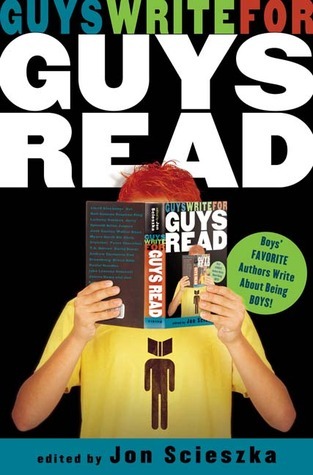What do you think?
Rate this book


272 pages, Paperback
First published April 21, 2005
"So look around in here for something you life. You don't have to read in any order. You don't have to like everything you read. You don't even have to read everything."